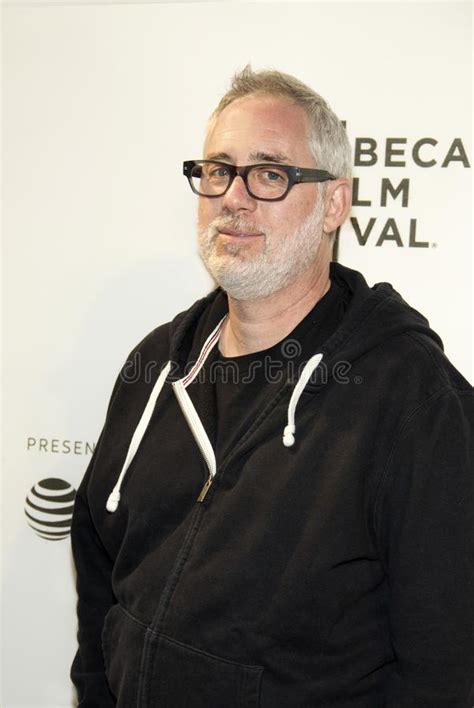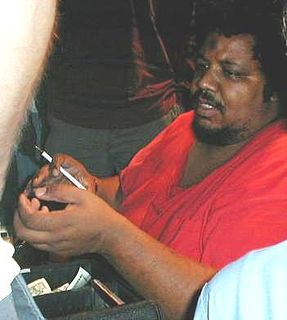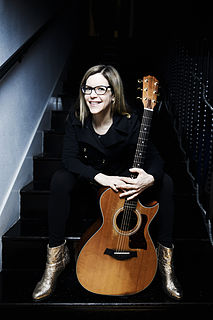A Quote by Meg Wolitzer
People say, write what you know, but it's really, write about what obsesses you. Write about what you're thinking about all the time.
Related Quotes
I write about the power of trying, because I want to be okay with failing. I write about generosity because I battle selfishness. I write about joy because I know sorrow. I write about faith because I almost lost mine, and I know what it is to be broken and in need of redemption. I write about gratitude because I am thankful - for all of it.
People write about getting sick, they write about tummy trouble, they write about having to wait for a bus. They write about waiting. They write three pages about how long it took them to get a visa. I'm not interested in the boring parts. Everyone has tummy trouble. Everyone waits in line. I don't want to hear about it.
Something I always tell students is, when you're writing something, you want to write the first draft and you want it to come out easily in the beginning. If you're afraid to say what you really have to say, you stammer. [...] You're judging yourself, you know, thinking about your listener. You're not thinking about what you're saying. And that same thing happens when you write.
I could never write about the sort of people John Cheever or John Updike or even Margaret Atwood write about. I don't mean I couldn't write as well as they do, which of course I couldn't; they're great writers, and I'm no writer at all. But I couldn't even write badly about normal, neurotic people. I don't know that world from the inside. That's just not my orientation.
I just love to play rock and roll. I love to write songs all the time
about what's up on these streets. I write songs about people getting killed; I write songs about people getting beaten up; I write songsabout people getting taken to jail by the police; and I also write songs about love and happiness.
Some people say, 'Well you're a man; how do you write about women or girls when you don't know about them?' Well, I've got my imagination, and I can write about women. Yes, I'll never be pregnant and give birth to children, but I can imagine a bit of what it's like. When you create characters, it's just about making them really real to people.
There's a lot of material from my life in my books, but they're not really autobiographical, in the sense that they're not about my life. So, in 'A Feather on the Breath of God' I write about my parents, I write about this Russian immigrant, I write about the world of dance, but it isn't an autobiography; so much is left out.







































